Unlocking the Secrets of Retinol Cream: Your Ultimate Guide
Welcome to your comprehensive guide on Retinol Cream, a miracle ingredient in the world of skincare. In this detailed blog, we will delve deep into what retinol cream is, its benefits, how to use it effectively, and answer some frequently asked questions. Our goal is to provide you with a one-stop resource that not only enlightens you but also empowers you to make informed decisions about incorporating retinol cream into your skincare routine.
What is Retinol Cream?
Retinol, a derivative of Vitamin A, is a powerhouse ingredient in the realm of skincare. It is renowned for its ability to accelerate skin renewal, enhance collagen production, and reduce the appearance of fine lines and wrinkles. Retinol cream is a topical formulation that allows you to harness the benefits of retinol in a convenient and effective manner.
The Science Behind Retinol

At a molecular level, retinol works by penetrating the outer layers of the skin and repairing the lower layers where collagen and elastin reside. It boosts skin cell turnover, pushing younger, healthier cells to the surface. This not only rejuvenates the skin but also helps in combating various skin concerns.
Benefits of Retinol Cream
Anti-Aging Properties
Retinol's ability to diminish visible signs of aging is unparalleled. It smoothens fine lines and wrinkles, giving the skin a more youthful appearance.
Acne and Skin Texture Improvement

For those struggling with acne and uneven skin texture, retinol can be a game-changer. It unclogs pores, reduces acne breakouts, and evens out skin tone.
Hyperpigmentation and Dark Spots
Retinol is effective in fading dark spots and hyperpigmentation, resulting in a more even complexion.
How to Use Retinol Cream Effectively
Starting with Retinol
If you're new to retinol, start slow. Use a product with a lower concentration of retinol and gradually increase the strength as your skin builds tolerance.
Application Tips

- Apply retinol cream at night as sunlight can diminish its efficacy.
- Always follow up with a high-SPF sunscreen during the day, as retinol can make your skin more sensitive to UV rays.
- Pair retinol with hydrating ingredients like hyaluronic acid to counteract any potential dryness.
Common Side Effects and How to Mitigate Them
Skin Irritation and Dryness
It's common to experience some dryness or irritation when you first start using retinol. To mitigate this, apply a moisturizer after the retinol cream.
Increased Sun Sensitivity
Retinol can make your skin more susceptible to sunburn. Use a broad-spectrum sunscreen daily to protect your skin.
Choosing the Right Retinol Cream
Consider Your Skin Type
Opt for a formula that suits your skin type. Oily skin may benefit from gel-based retinols, while cream-based retinols are ideal for dry skin.
Retinol Concentration
Begin with a lower concentration and work your way up. This helps your skin adapt to the retinol without causing excessive irritation.
FAQs about Retinol Cream
Q: Can retinol be used under the eyes? A: Yes, but with caution. The under-eye area is delicate, so use a retinol product specifically formulated for this area.
Q: How long does it take to see results from retinol? A: It can take several weeks to a few months to see significant results, as skin cell turnover and collagen production take time.
Q: Can pregnant or breastfeeding women use retinol? A: Retinol is not recommended for use during pregnancy or breastfeeding. Always consult with a healthcare provider.
Q: Is it normal for skin to peel when using retinol? A: Mild peeling is normal as retinol accelerates skin cell turnover. However, if peeling is severe, reduce the frequency of application.


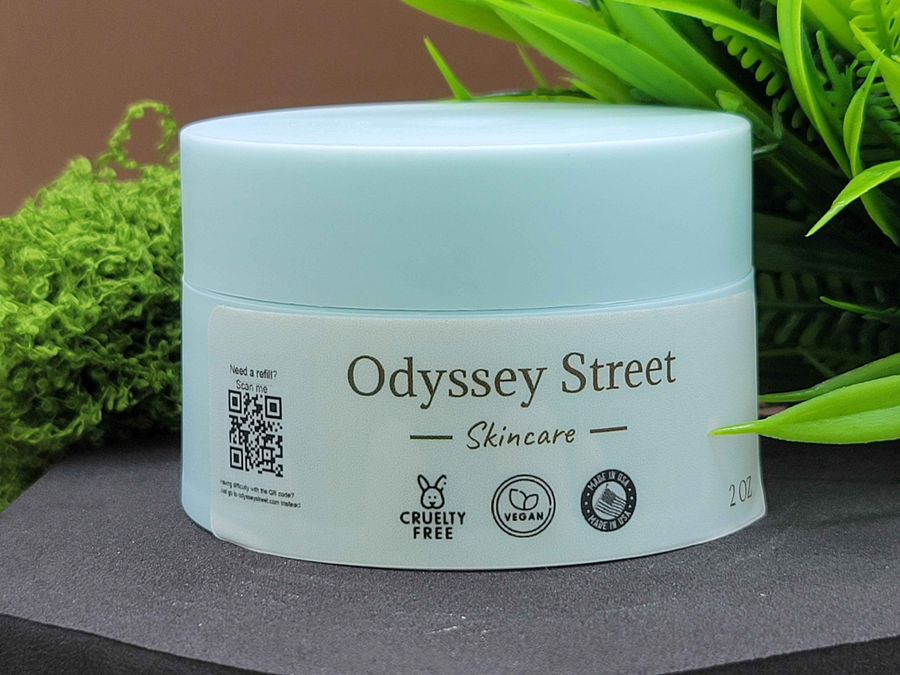
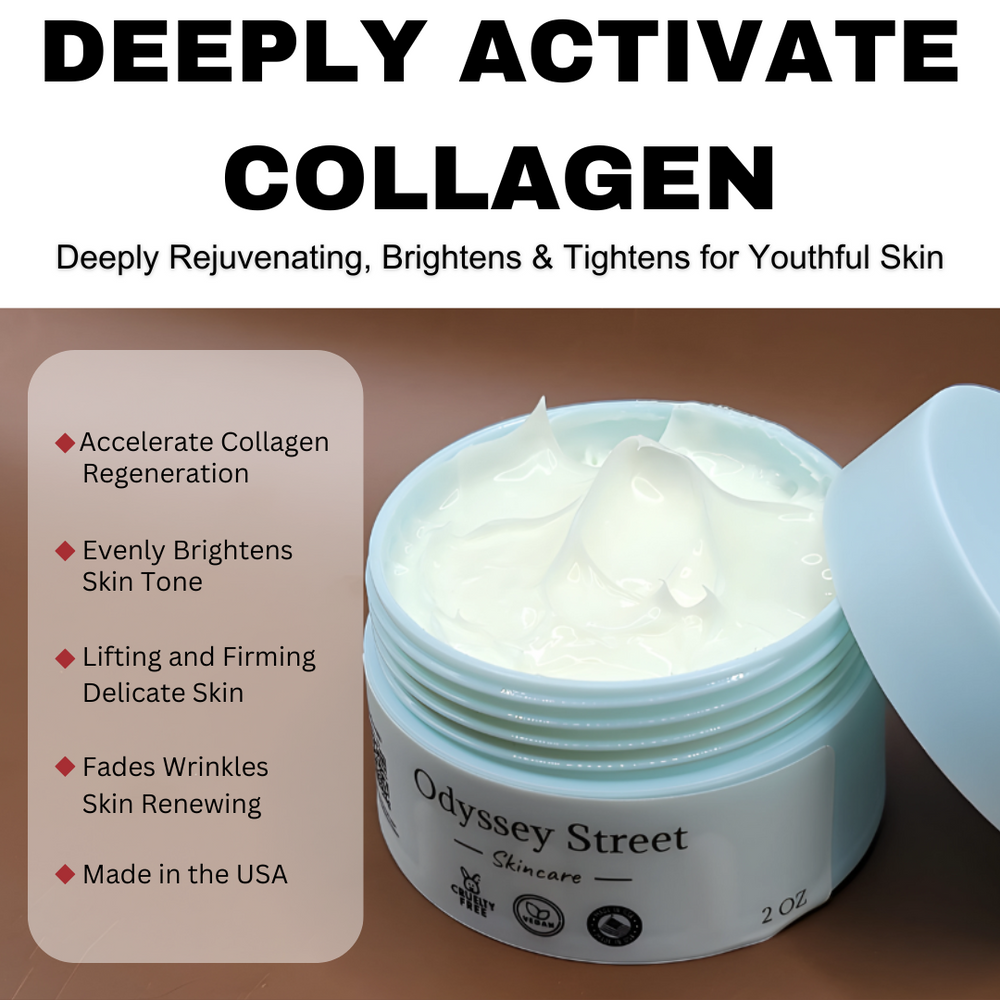


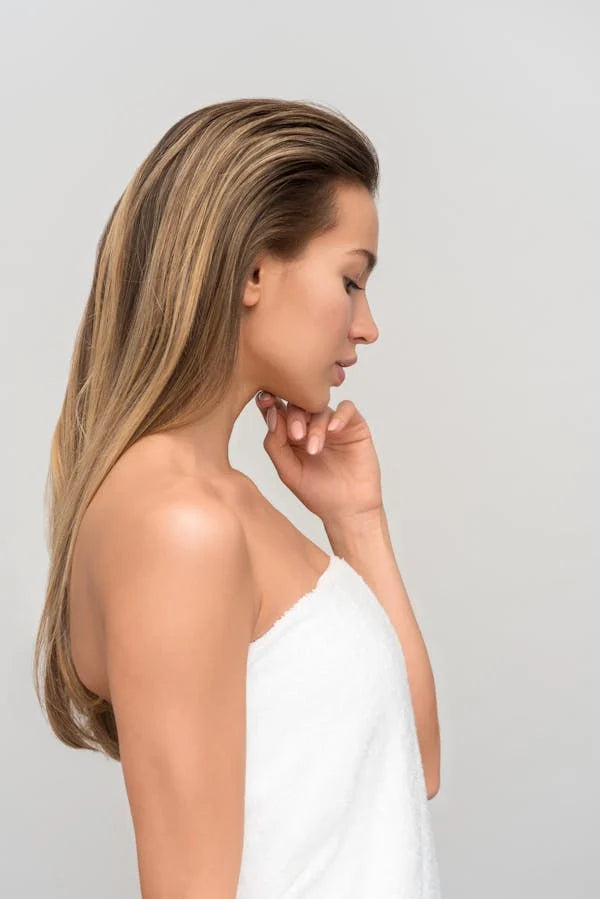

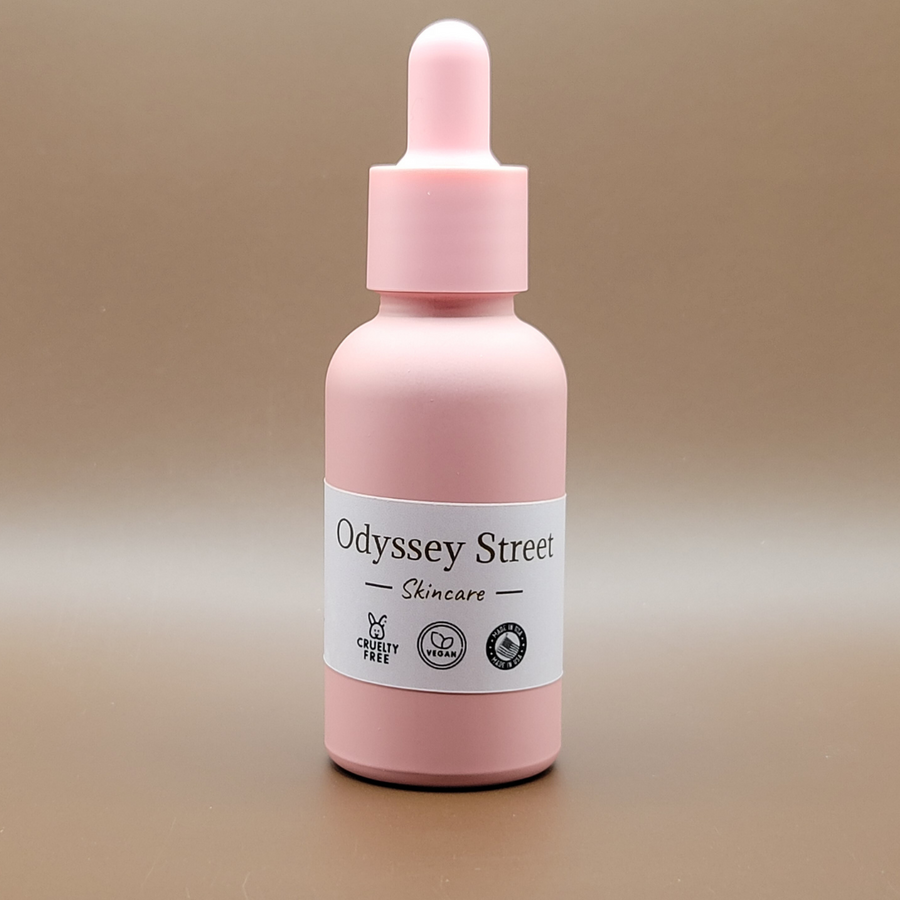
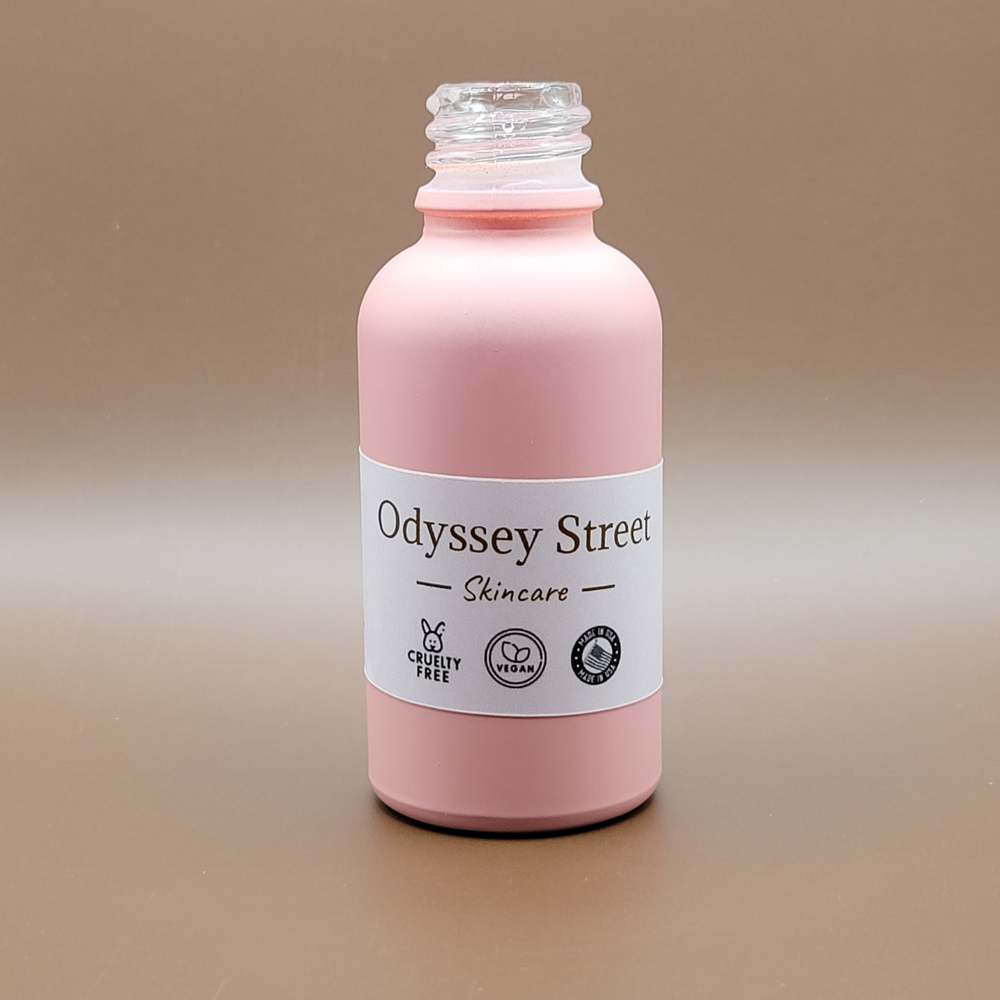
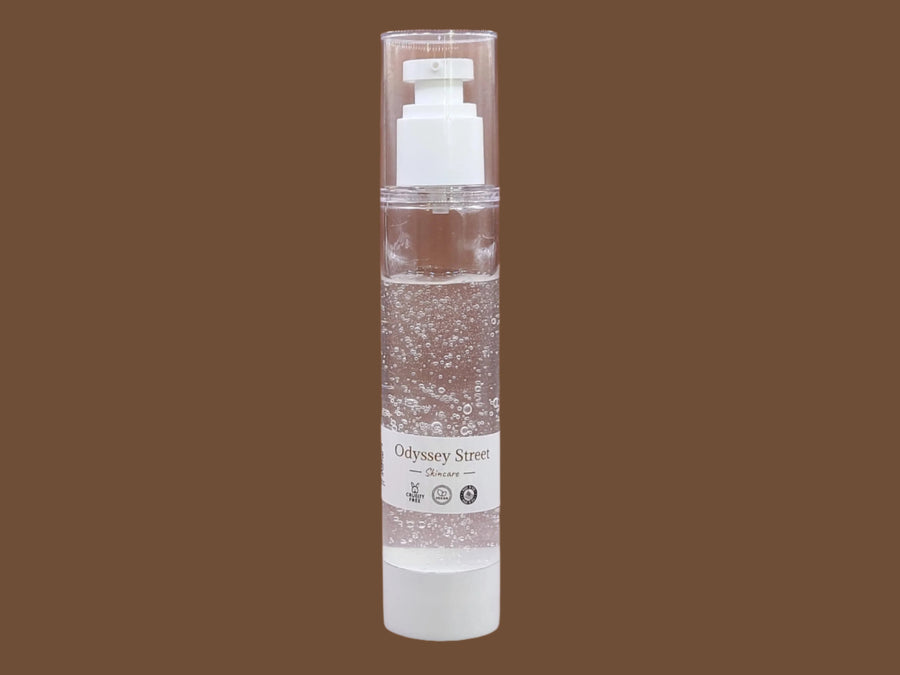
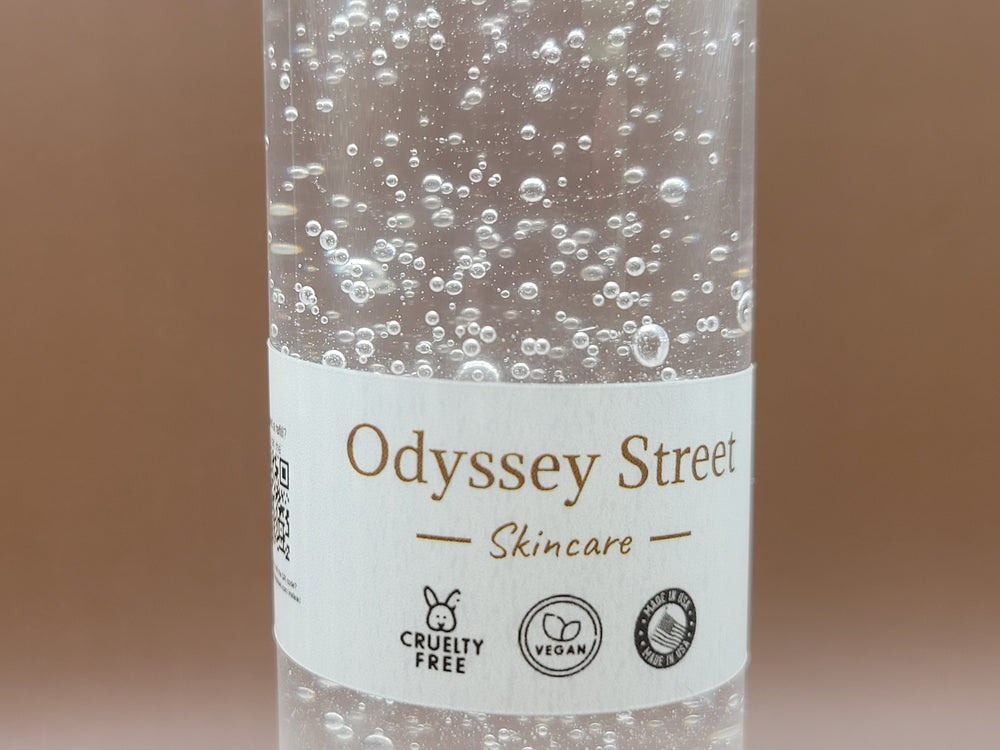
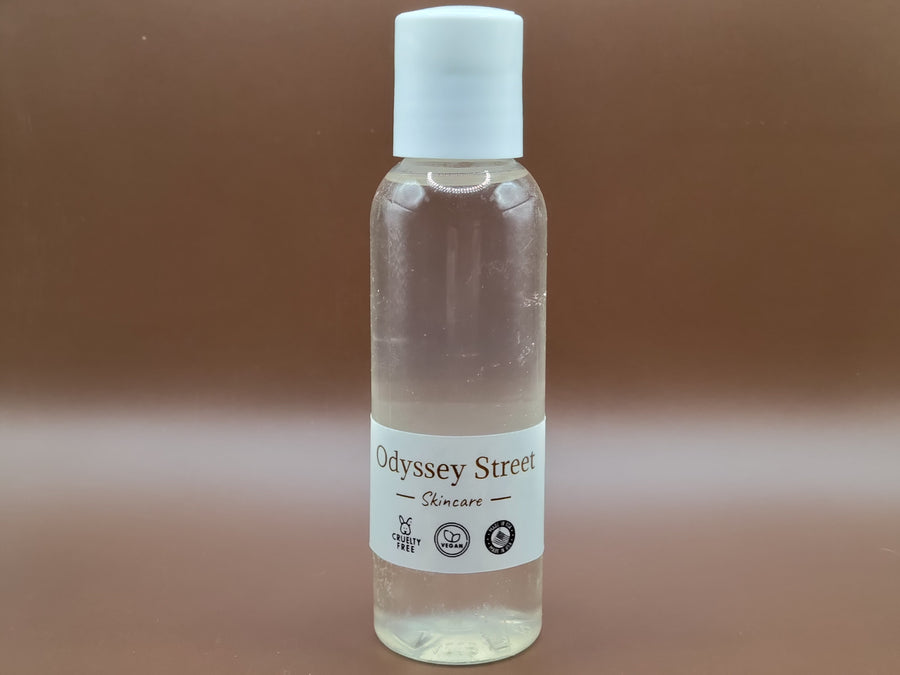
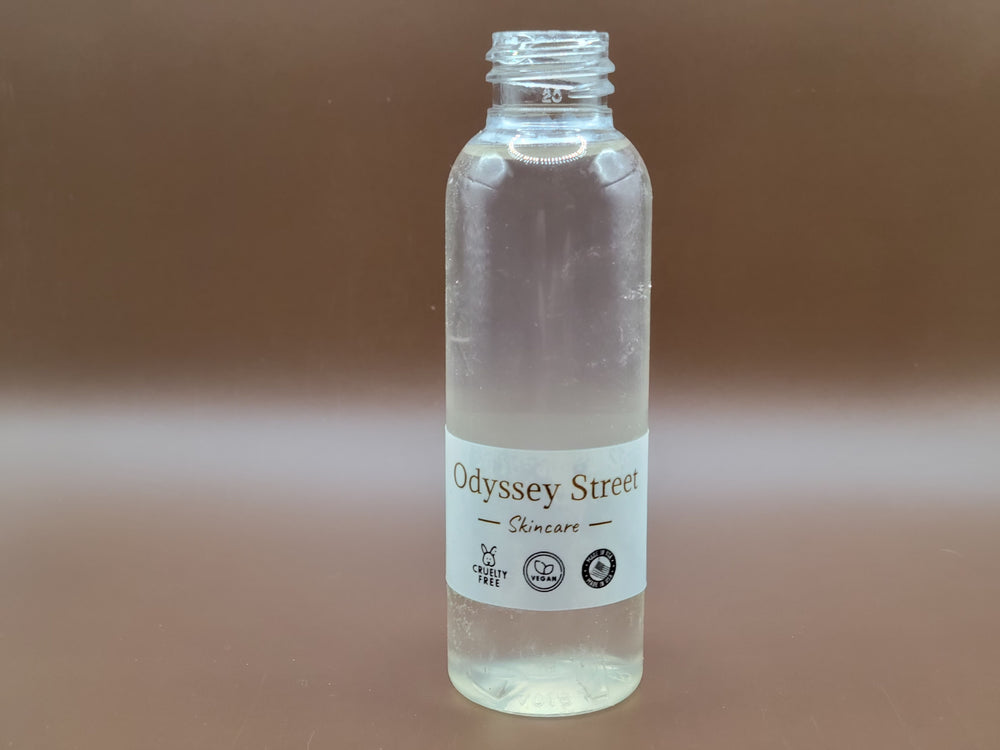
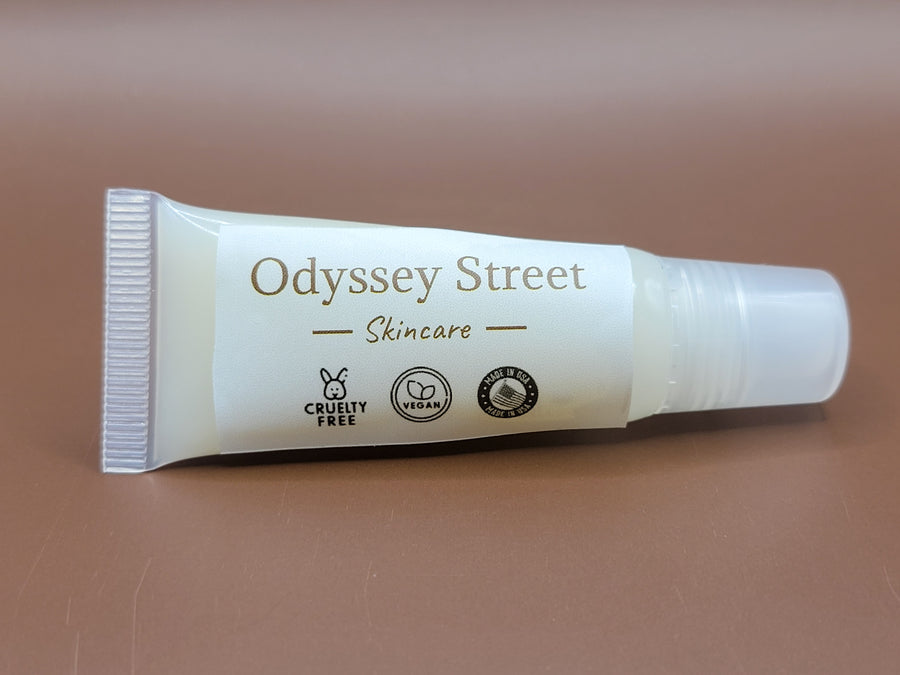
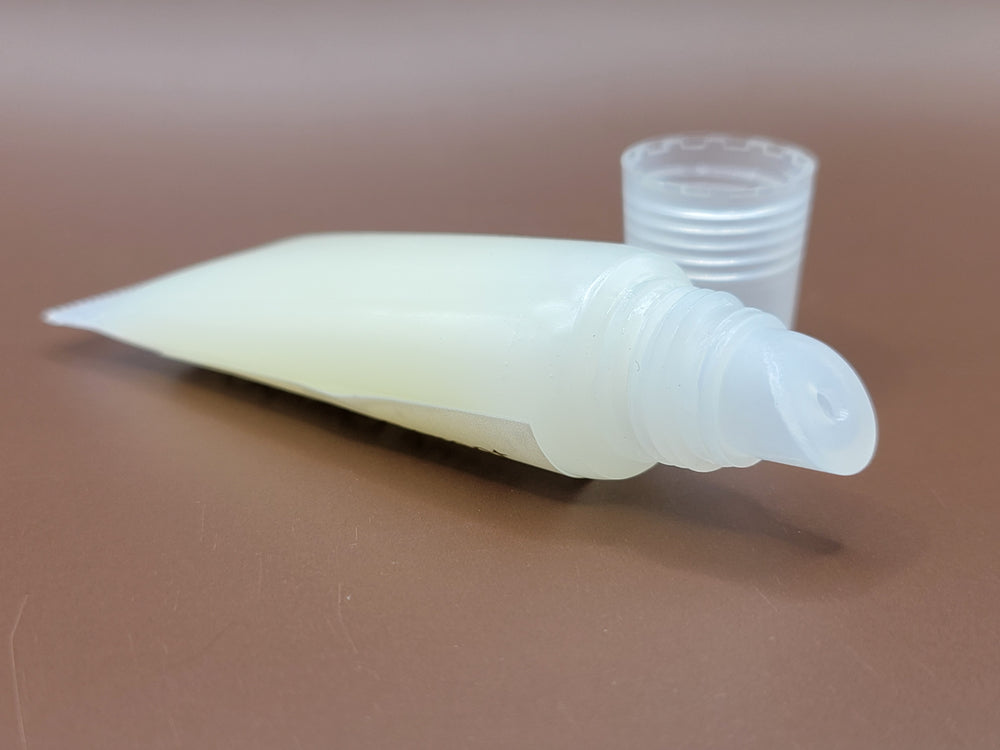
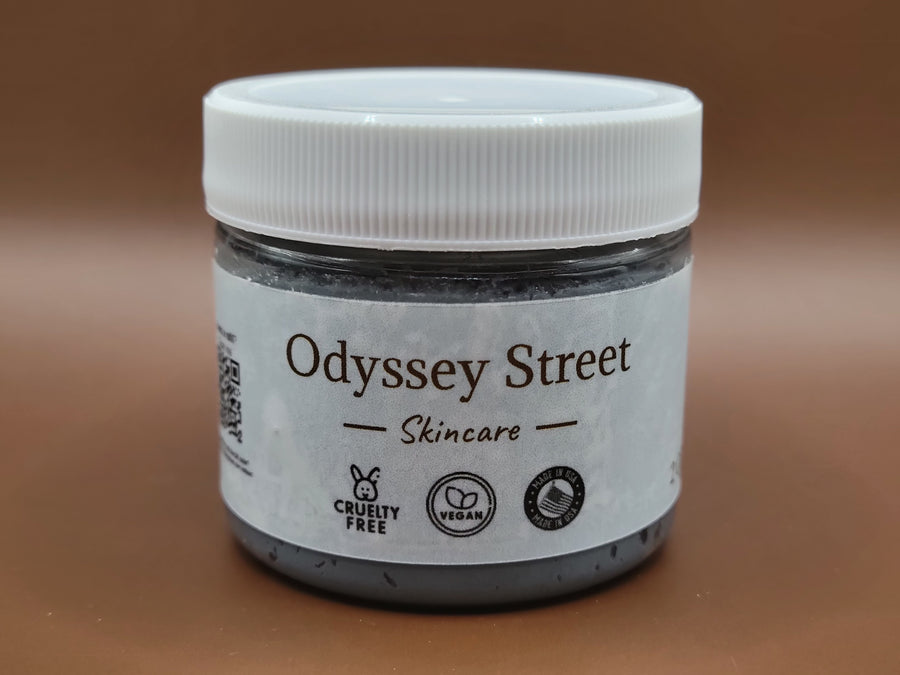
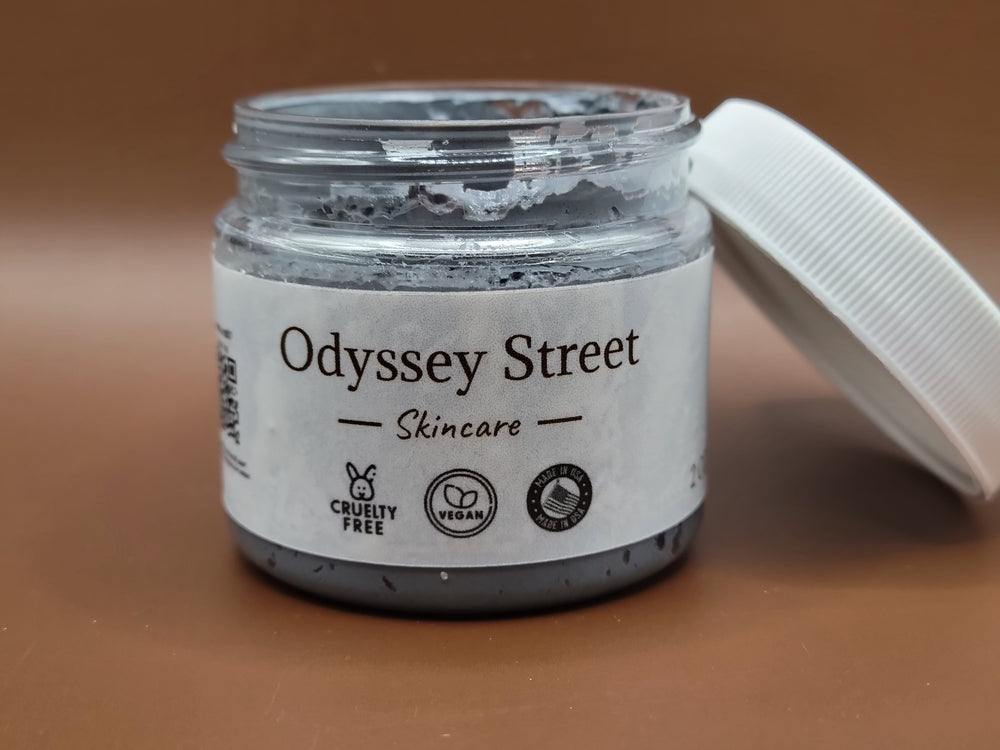
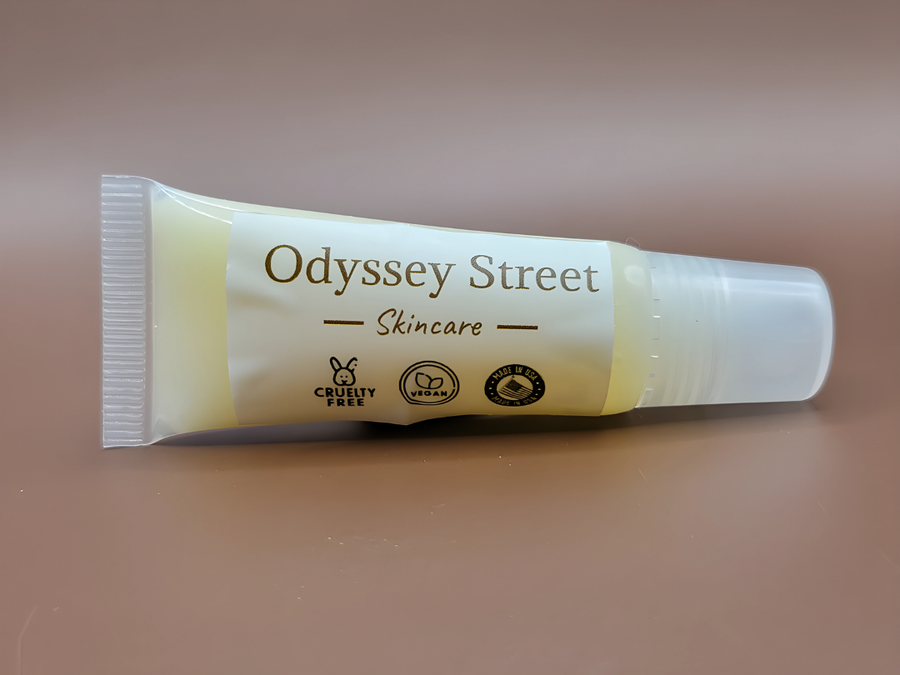
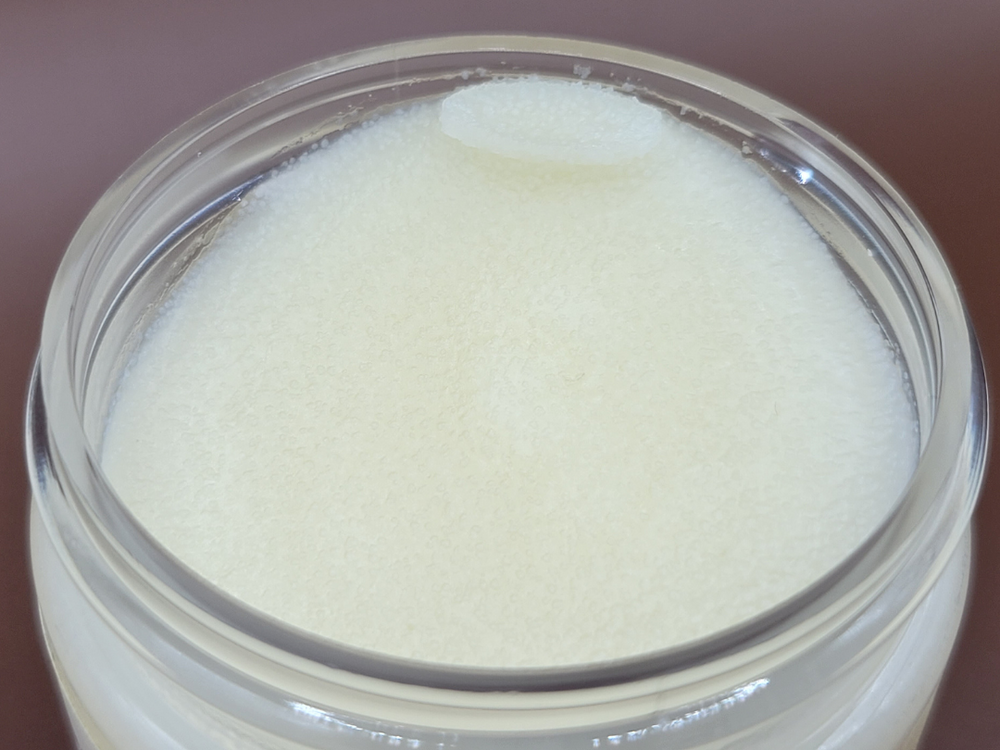
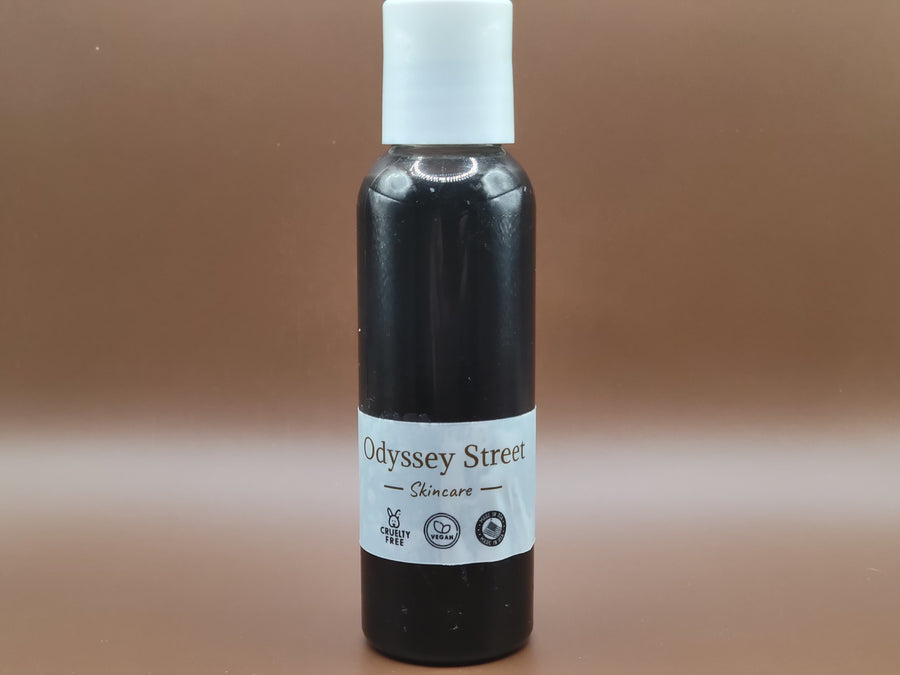
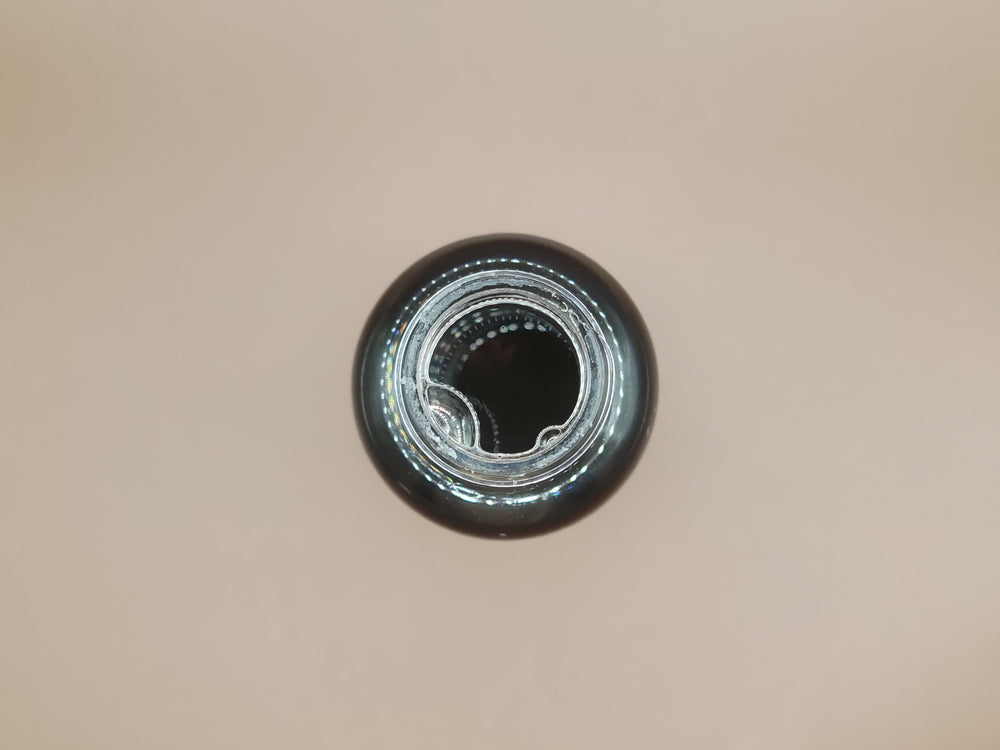
Leave a comment